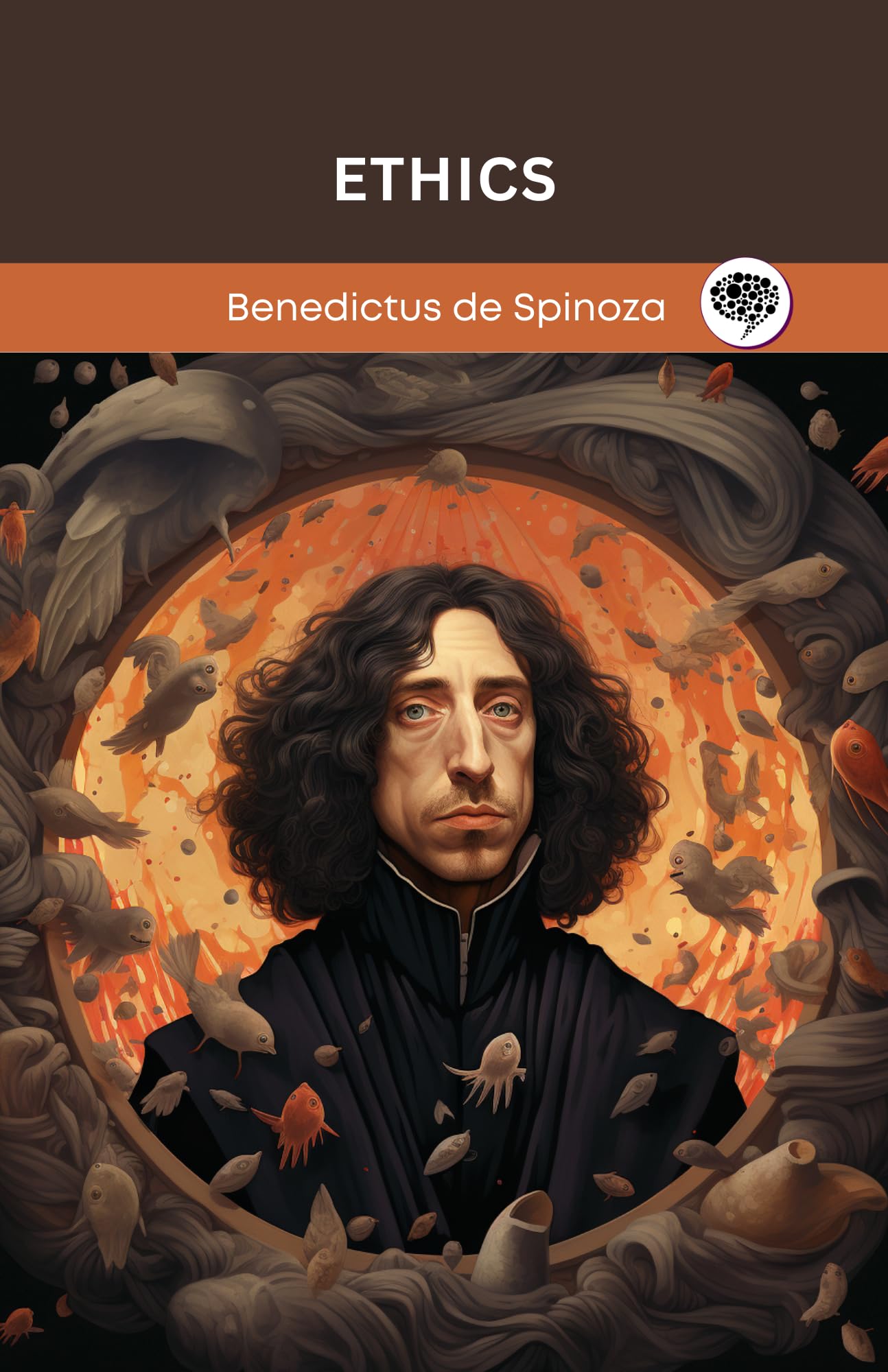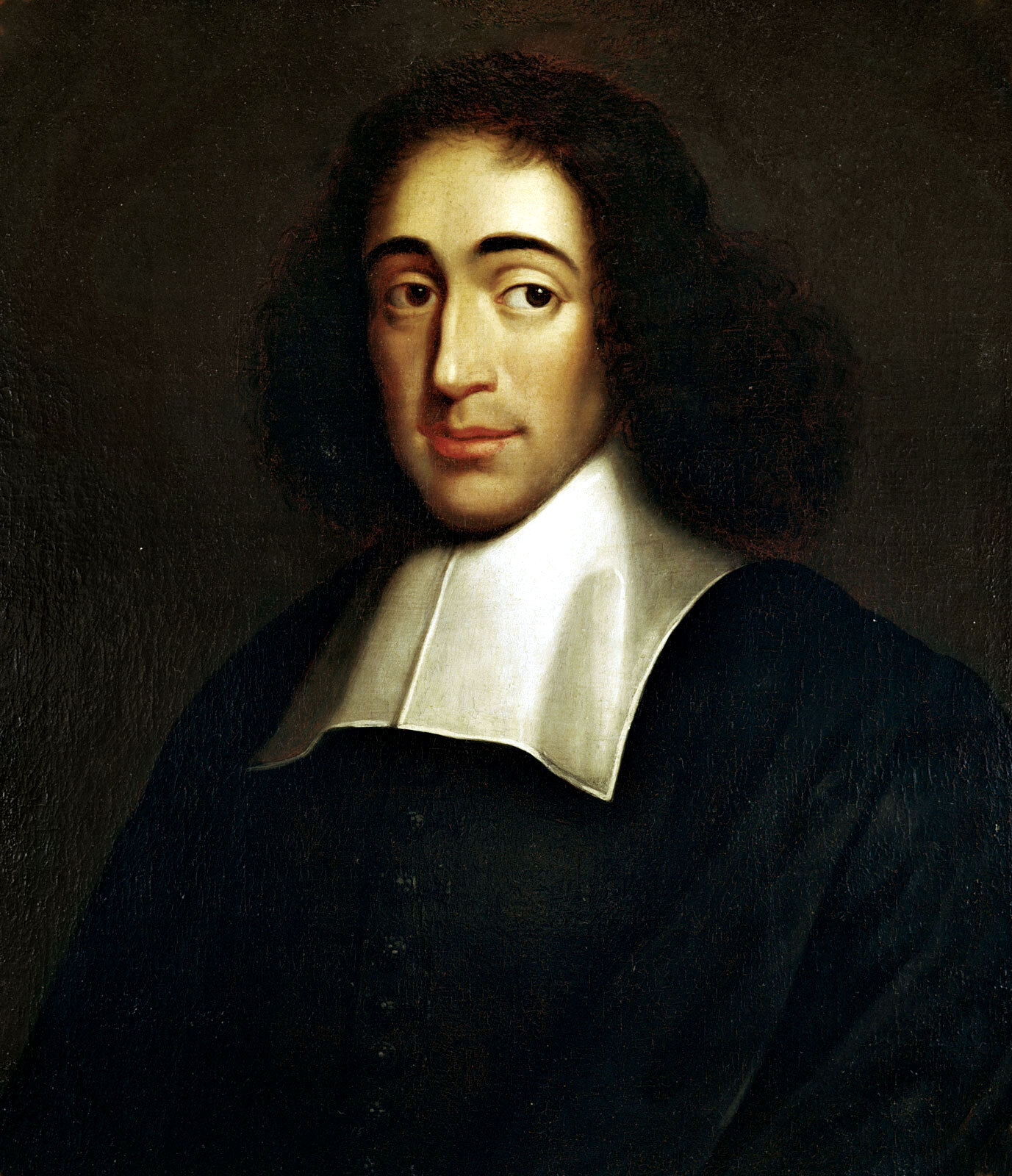
"Ethics" by Baruch Spinoza stands as a monumental work in the history of philosophy. In this profound treatise, Spinoza explores fundamental questions about existence, God, and the nature of human ethics. Written in a geometrically rigorous style, "Ethics" presents a systematic and rational inquiry into the nature of reality and the ethical principles that govern human conduct. Spinoza's pantheistic views and his rejection of a transcendent deity have left an enduring impact on metaphysical and ethical discourse. This edition preserves the integrity of Spinoza's original work, providing readers with access to the intellectual richness of one of the most influential philosophers of the 17th century. "Ethics" invites readers to engage with Spinoza's profound insights into the interconnections between reason, ethics, and the nature of existence.
Author

Baruch Spinoza, often Benedictus de Spinoza, was a Dutch philosopher. The breadth and importance of Spinoza's work was not fully realized until many years after his death. By laying the groundwork for the 18th-century Enlightenment and modern biblical criticism, including modern conceptions of the self and, arguably, the universe, he came to be considered one of the great rationalists of 17th-century philosophy. His magnum opus, the posthumous Ethics, in which he opposed Descartes' mind–body dualism, has earned him recognition as one of Western philosophy's most important thinkers. In the Ethics, "Spinoza wrote the last indisputable Latin masterpiece, and one in which the refined conceptions of medieval philosophy are finally turned against themselves and destroyed entirely." Philosopher Georg Wilhelm Friedrich Hegel said of all contemporary philosophers, "You are either a Spinozist or not a philosopher at all."